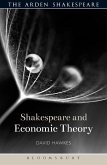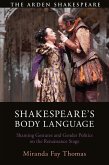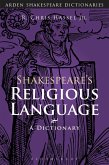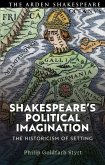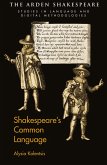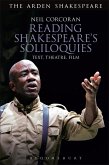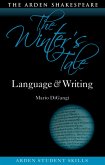Shakespeare's plays are pervaded by political and economic words and concepts, not only in the histories and tragedies but also in the comedies and romances. The lexicon of political and economic language in Shakespeare does not consist merely of arcane terms whose shifting meanings require exposition, but includes an enormous number of relatively simple words which possess a structural significance in the configuration of meanings. Often operating by such means as puns, they open up a surprising number of possibilities. The dictionary reveals the conceptual nucleus of each term and explores the contexts in which it is embedded. The overlap between the political and economic dimensions of a word in Shakespeare's drama is particularly exciting as he is highly attuned to the interactions of these two spheres of human activity and their centrality in human affairs.
Hinweis: Dieser Artikel kann nur an eine deutsche Lieferadresse ausgeliefert werden.
Hinweis: Dieser Artikel kann nur an eine deutsche Lieferadresse ausgeliefert werden.



